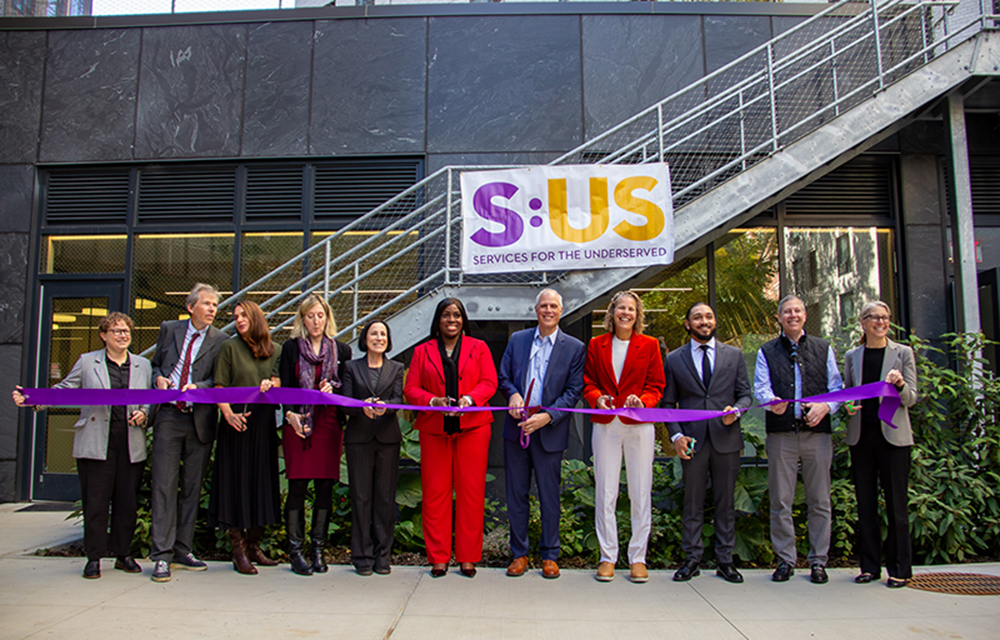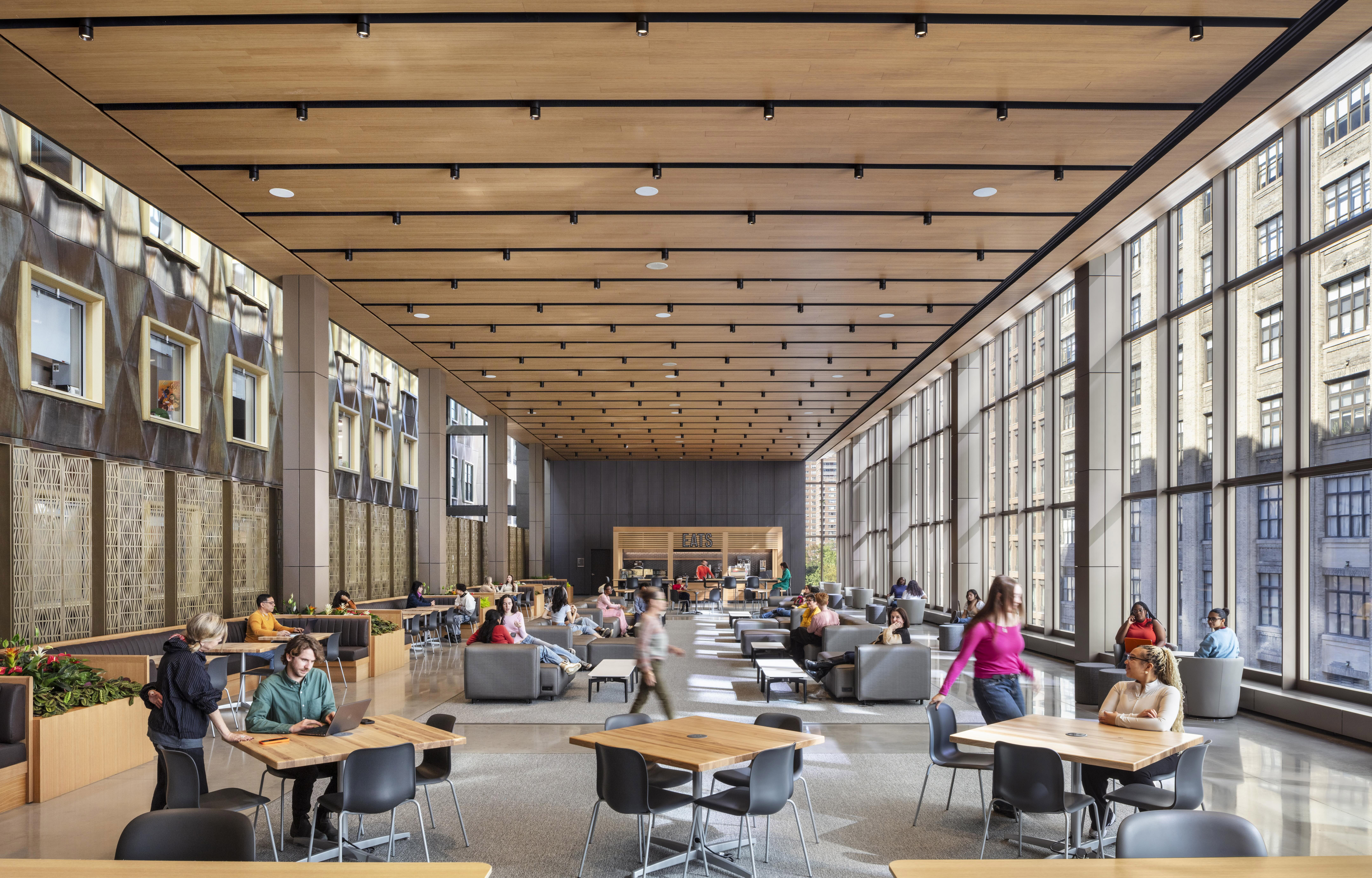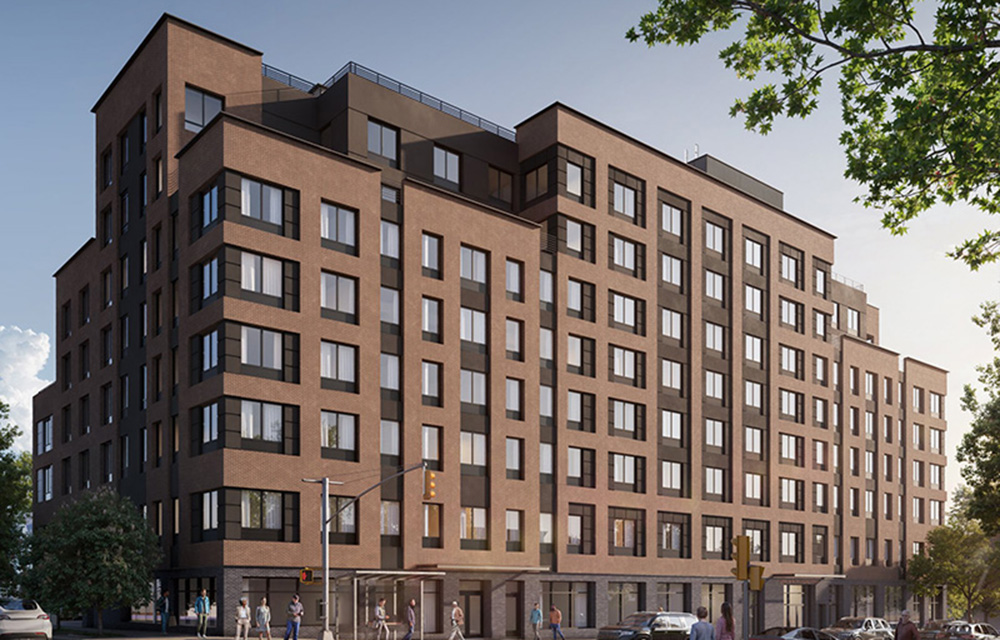Hotels in a competition for cleanliness amid COVID-19 - by Randy Shelly

The hospitality industry took one of the biggest financial hits during the pandemic–however it’s also in the position to make one of the biggest comebacks. As leisure travel begins to pick up, hotels are in a competition for cleanliness, earning the trust of their guests through thoughtful upgrades and renovations.
Prior to COVID-19, older, dated hotels had the stigma of not being perceived as clean; with the health care crisis, this sentiment has been amplified. This perception will drive more upgrades, from cosmetic refreshes to gut renovation overhauls. Previously, a hotel room lifecycle was 10 years on average (even less in high-end hotels).
Hotel renovations had previously focused on maintenance—staying up to date with the latest standards and designs, keeping a competitive edge, and ensuring the brand was progressing and meeting the guests’ needs. As cleanliness and safety become the standard benchmark and main traffic-drivers, RevPAR will increase even more the first two years following a renovation.
Shawmut Design and Construction has already seen hotel clients shift some of their materials, most notably opting for hardwood flooring instead of carpeting. There will be more of a focus on sourcing materials that are easier to clean and disinfect, and less prone to capturing and holding on to germs and particulate matter. Adjustments can range anywhere from replacing upholstered headboards with wood, to rethinking fabric for lobby furniture.
These upgrades present an opportunity for hotels to win back market share from homestay offerings. Hotels are able to provide a level of cleaning service, updates, and refreshes that
aren’t attainable in homestays, achieving an increased level of confidence and comfort with guests.
While it’s expected that hotels will have a slow recovery–not hitting pre-COVID-19 levels until 2023–owners cannot lose sight of their guests’ new priorities and the importance of putting them first. Comfort level in travel will be the most important factor in gauging recovery, and hotels have the opportunity to make themselves part of the solution by providing the ultimate client experience–honing in on the safety and well-being of their guests. Confidence in the cleanliness of hotels–from the lobby to the elevator to the room—will drive repeat, continuous traffic.
Hospitality and customer satisfaction are at the core of the hotel business model, which is why the sector will recover from this pandemic stronger than ever. The properties that will come back on top will have a focus on safety, an understanding of the importance of purposeful renovations and refreshes, and an unyielding commitment to making their guests feel comfortable and confident—ultimately winning the competition for cleanliness.
Randy Shelly is executive vice president of hospitality at Shawmut Design and Construction, New York, N.Y.
Troutbrook expands with boutique condo project and Marriott Fairfield Inn & Suites renovation








.gif)
.jpg)

.gif)